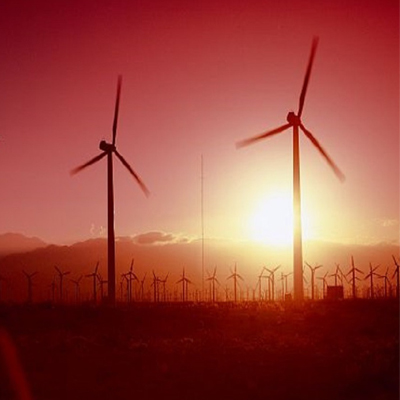Pro-Vice-Chancellor – School of Water, Energy and Environment and member of the University Executive
Chris joined Cranfield University as Pro-Vice-Chancellor and Head of the School of Water, Energy and Environment in October 2021.
Chris obtained his BSc in Geological Oceanography at the University of Bangor in North Wales in 1995, and then joined the Department of Earth Sciences at Cambridge University as a postgraduate research assistant in the palaeoceanography group. This was followed by a PhD at the University of Edinburgh focused on ice-sheet reconstruction and modelling in Antarctica and Patagonia. After a NERC-funded postdoctoral research position within the School of Geoscience at Edinburgh, Chris took up a position as Senior Lecturer and Director of Programme in Physical Geography at the University of Exeter in 2007. This was followed by the Australian Research Council Future Fellowship in 2012 at the University of New South Wales, Sydney, where he was awarded an Australian Research Council Future Fellowship in 2012 based at the Climate Change Research Centre (CCRC), the leading hub for climate system modelling in the Southern Hemisphere, where he remains as Adjunct Professor.
Current activities
As a climate scientist and Earth systems modeller, Chris's core academic research straddles the traditional divides between glaciology, geochemistry and climate system modelling and has been instrumental in defining the linkages between the Earth’s great ice sheets, climate and global sea level during the Anthropocene. His work in this field has provided critical insights that have enabled him and his collaborators to improve future projections of our global commitment to sea level rise due to anthropogenic warming, reducing uncertainty and helping inform on one of the key socioeconomic impacts of climate change. Key to this is Chris's leadership of groups such as the ANTCLIM21 climate projection network, and the PRECISE network – a network dedicated to improved projections of sea level rise across the Pacific and Indian Oceans, which links Australian, New Zealand, Chinese, Bangladesh and Japanese researchers to reduce uncertainty in sea level projections.
These game-changing programmes use the unique setting of Keele’s campus as a ‘living laboratory’ for research into every aspect of sustainability and the zero-carbon energy transition. Each of these projects is connected to commercial and third sector partners, that include leading technology and power companies, such as Siemens, ENGIE, Cadent Gas, Centrica, Progressive Energy, and not-for-profits, including REGEN, the Sustainable Housing Partnership, Chase Solar, The Midlands Engine and The Energy Catapult, not to mention community and arts organisations (e.g. CASIC, New Vic Theatre), and 100s of SMEs across the UK. These programmes are funded by commercial, government EU Regional Development Fund (ERDF), UKRI, Business, Energy and Industrial Strategy (BEIS) and Ofgem.
